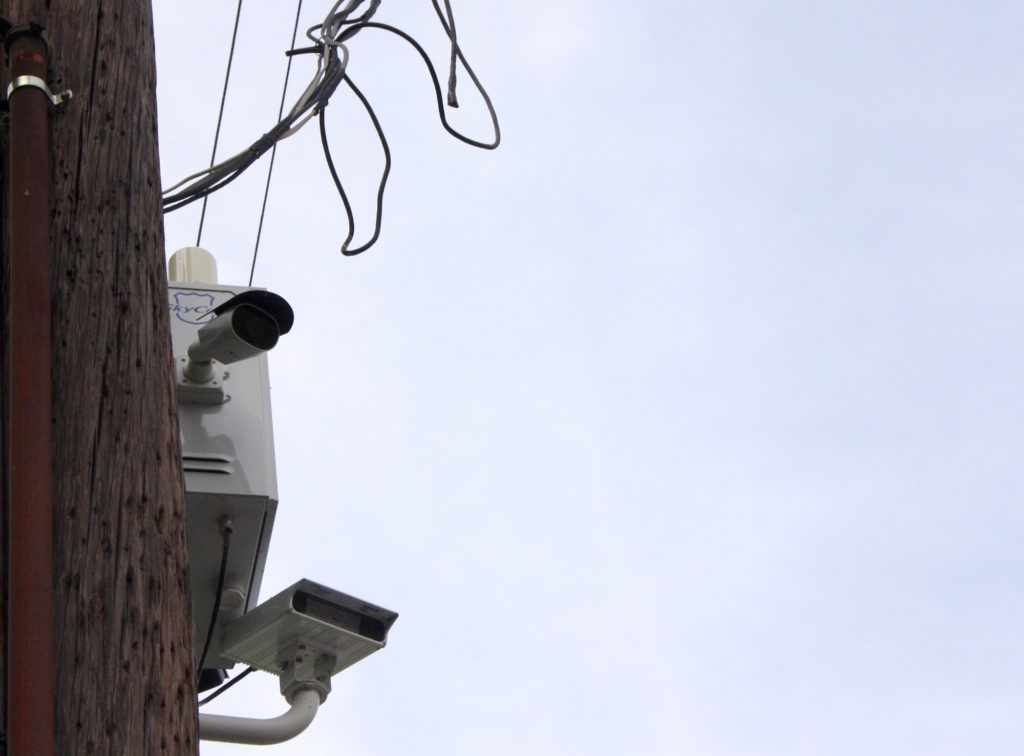
After a three-month pause, Nashville’s Metro Council is reviving the debate on license plate readers.
The cameras are typically used to snap photos of cars passing by.
Nashville councilmembers will dive more into license plate readers at their Sept. 7 meeting. They want to allow time for residents to share their thoughts about the tool and to demo the technology.
The council will consider two competing proposals that have outline different allowances.
Councilmember Dave Rosenberg’s bill (BL2021-841) would allow license plate readers in police cars but wouldn’t allow the city to use them on streets. And any collected data would only be able to be kept for a day, unless it’s matched to a crime.
The police department isn’t thrilled about that limitation. Metro Police Commander Chris Gilder told the council’s public safety committee that the rule would basically require police to be in the right place at the right time when the department is already saying it doesn’t have enough staffing. And he says the time restriction could prevent solving crimes in instances when victims take awhile to file a report.
This idea is part of a revision that Rosenberg hopes will include “a little something for everyone.” But he admits he isn’t excited about some additions he’s made.
“The potential benefits of LPRs are being markedly oversold, and I’m terrified by the way much of our [council] is considering a lurch into this incredibly powerful surveillance tool,” Rosenberg tells WPLN News. “MNPD has been lobbying aggressively for this tool, which is not normal, and scare tactics and unrealistic expectations are being thrown around.”
But Councilmember Courtney Johnston has pushed back.
“I’ve not talked to any police department that uses them that has said they haven’t significantly impacted public safety in a significant, positive way by increasing crime solve rates and seeing a reduction in both property and violent crimes,” she says. When WPLN asked for data, Johnston suggested asking surrounding municipalities that use the tool.
She’s proposing (BL2020-582) to go further in using license plate readers. Her idea is to use it for spotting traffic and parking violations. Her bill would also allow the data to be stored for up to 30 days — or longer if it’s being used as evidence.
Right now, Johnston has five more councilmembers backing her as co-sponsors on the bill.
Both bills propose using the tools in a pilot before deciding to make them permanent. And both would allow the city to locate cars linked to missing or endangered people, as well as outstanding felony warrants.

